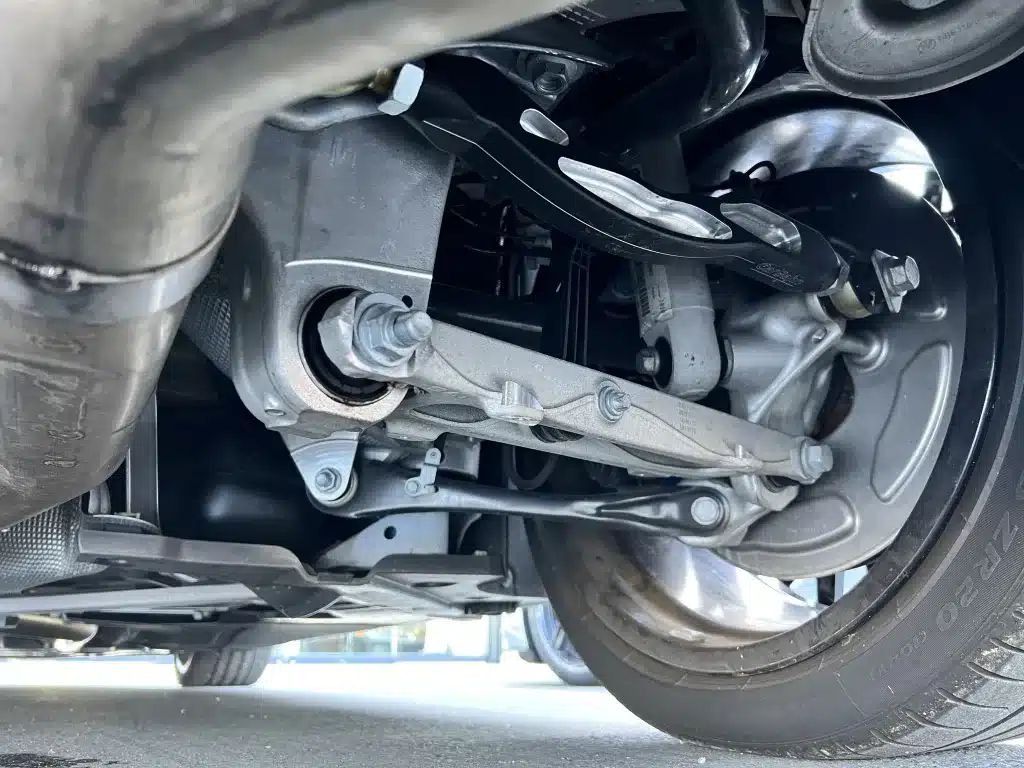Buying a sports car with a history of accidents introduces complexities. Although it could offer a more budget-friendly option, there are significant factors to carefully evaluate before making a decision. If you have narrowed down a car you would like to purchase, give me a call or fill out my form here and I can help you out with a full Pre-Purchase Inspection.

- Extent of Damage: Determine the severity of the accidents the car has been involved in. Minor incidents might include parking lot scrapes or fender benders, while major accidents could involve frame damage or airbag deployment. Understanding the nature of the accidents will give you insight into the potential impact on the car’s performance and safety.
- Quality of Repairs: It’s crucial to ascertain whether the repairs were conducted professionally and to a high standard. Look for evidence of skilled workmanship and use of genuine parts. Shoddy repairs can lead to issues such as poor alignment, rust, or mechanical problems down the line.
- Vehicle History Report: Obtain a detailed vehicle history report from a reputable provider like Carfax or AutoCheck. This report will compile information from various sources, including government databases, insurance records, and service centers, to provide a comprehensive overview of the car’s past. Pay close attention to any reported accidents, the extent of damage, and the types of repairs performed.
- Mechanical Inspection: Hire a qualified mechanic who specializes in sports cars to conduct a thorough inspection. They should inspect all major components, including the engine, transmission, suspension, brakes, and electrical systems. Look for signs of wear, damage, or poor maintenance that could indicate lingering issues from previous accidents.
- Insurance Considerations: Contact insurance companies to get quotes for coverage on a sports car with an accident history. Some insurers may charge higher premiums or impose restrictions based on the car’s past. Additionally, inquire about any potential limitations on coverage, such as exclusions for pre-existing damage or diminished value.
- Resale Value: Research the resale value of similar sports cars with clean histories to understand the potential impact of the accident history on depreciation. Keep in mind that buyers may be wary of purchasing a car with a significant accident history, which could affect its market value. Consider how long you plan to keep the car and whether the potential depreciation aligns with your ownership timeline.
- Personal Comfort: Trust your instincts and personal judgment but also what your sports car inspector has to say about the car when evaluating whether to proceed with the purchase. If you feel uneasy about the car’s accident history or have lingering doubts about its condition, it may be wise to explore other options. Conversely, if you’re confident in the repairs, satisfied with the price, and enamored with the car, buying a sports car with an accident history could still be a rewarding choice.
By paying attention to these details and conducting thorough research, you can make an informed decision about purchasing a sports car with an accident history.






